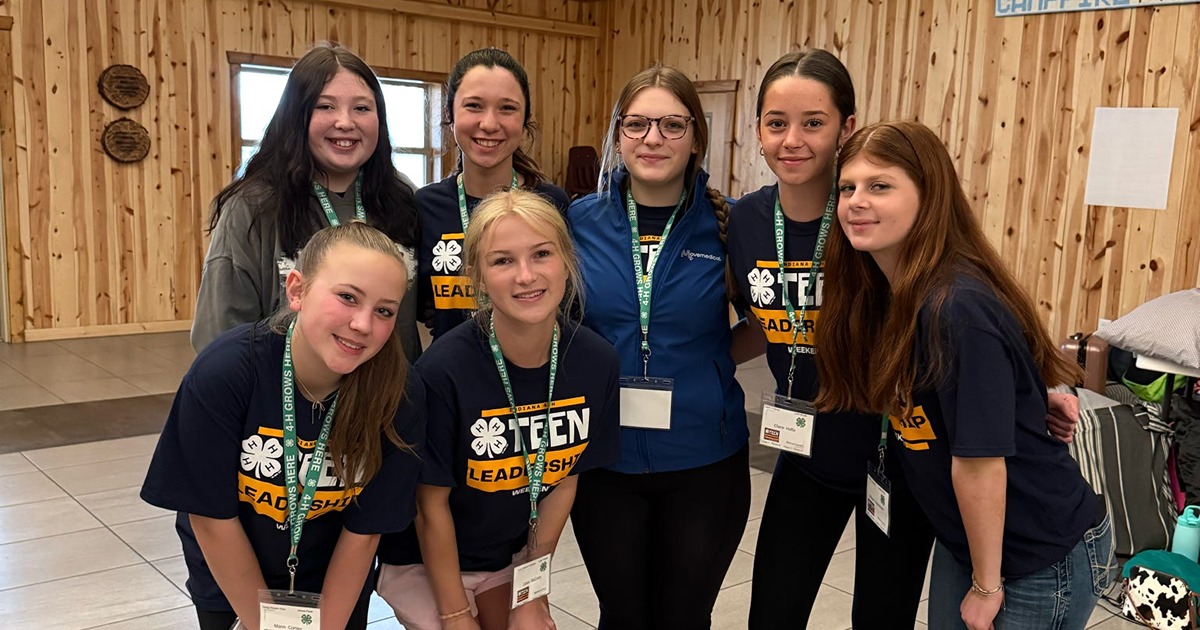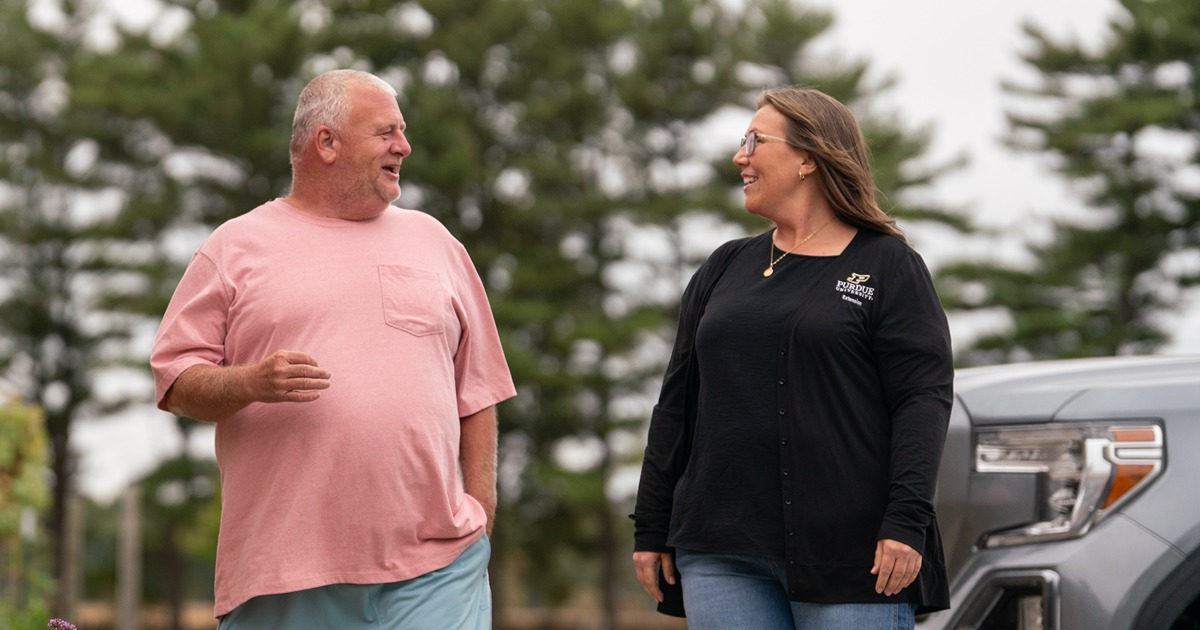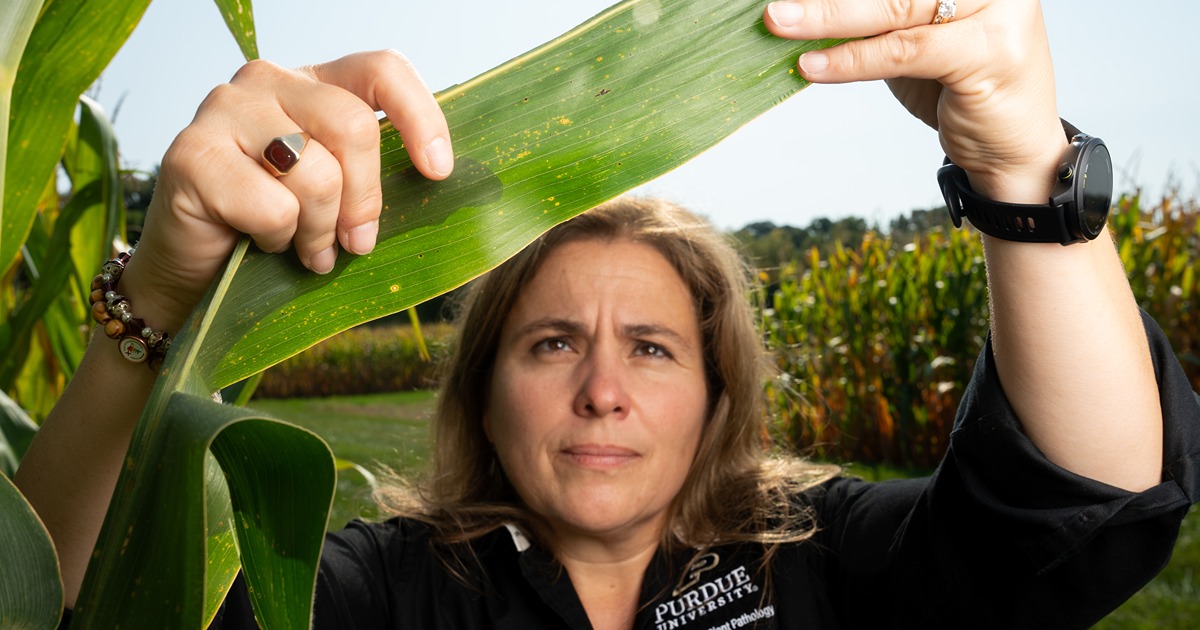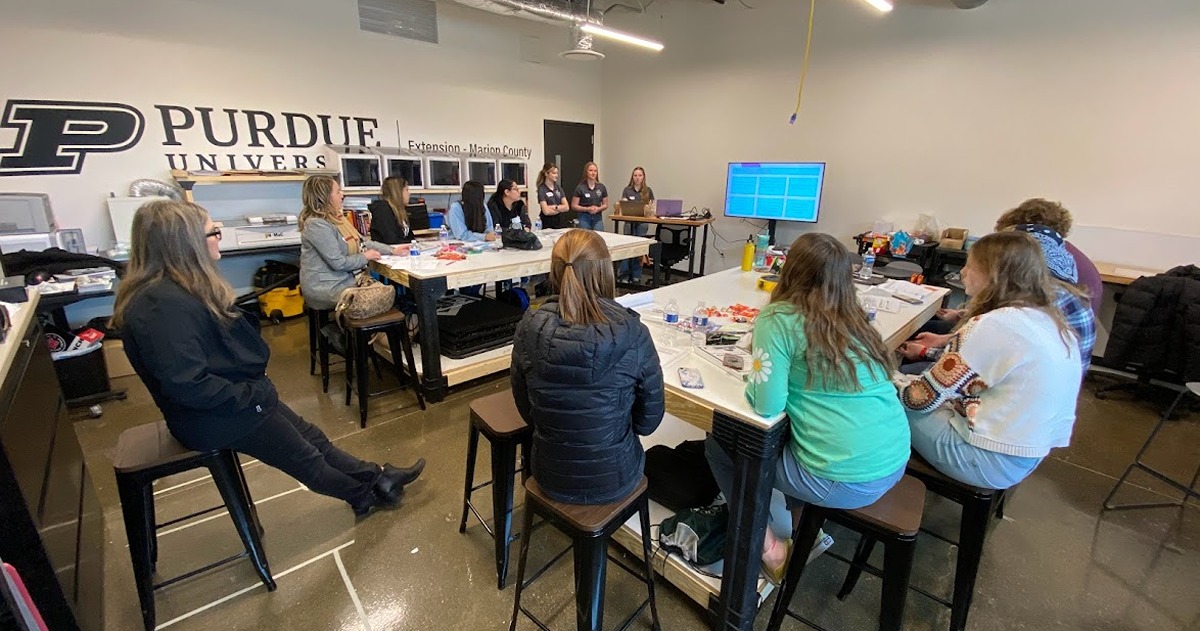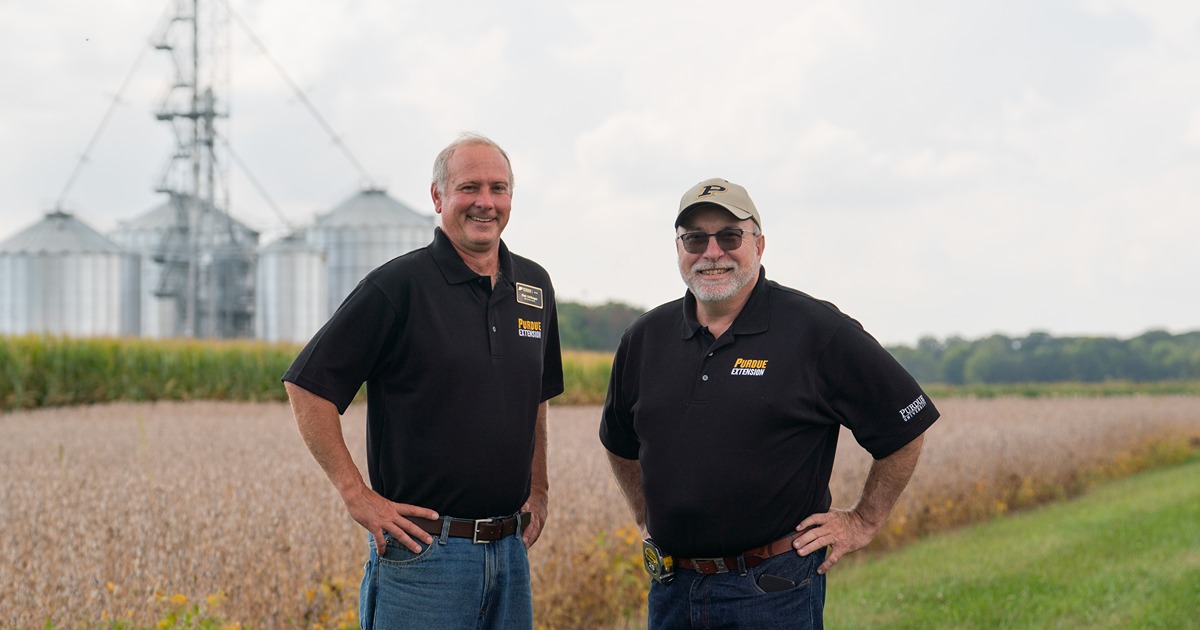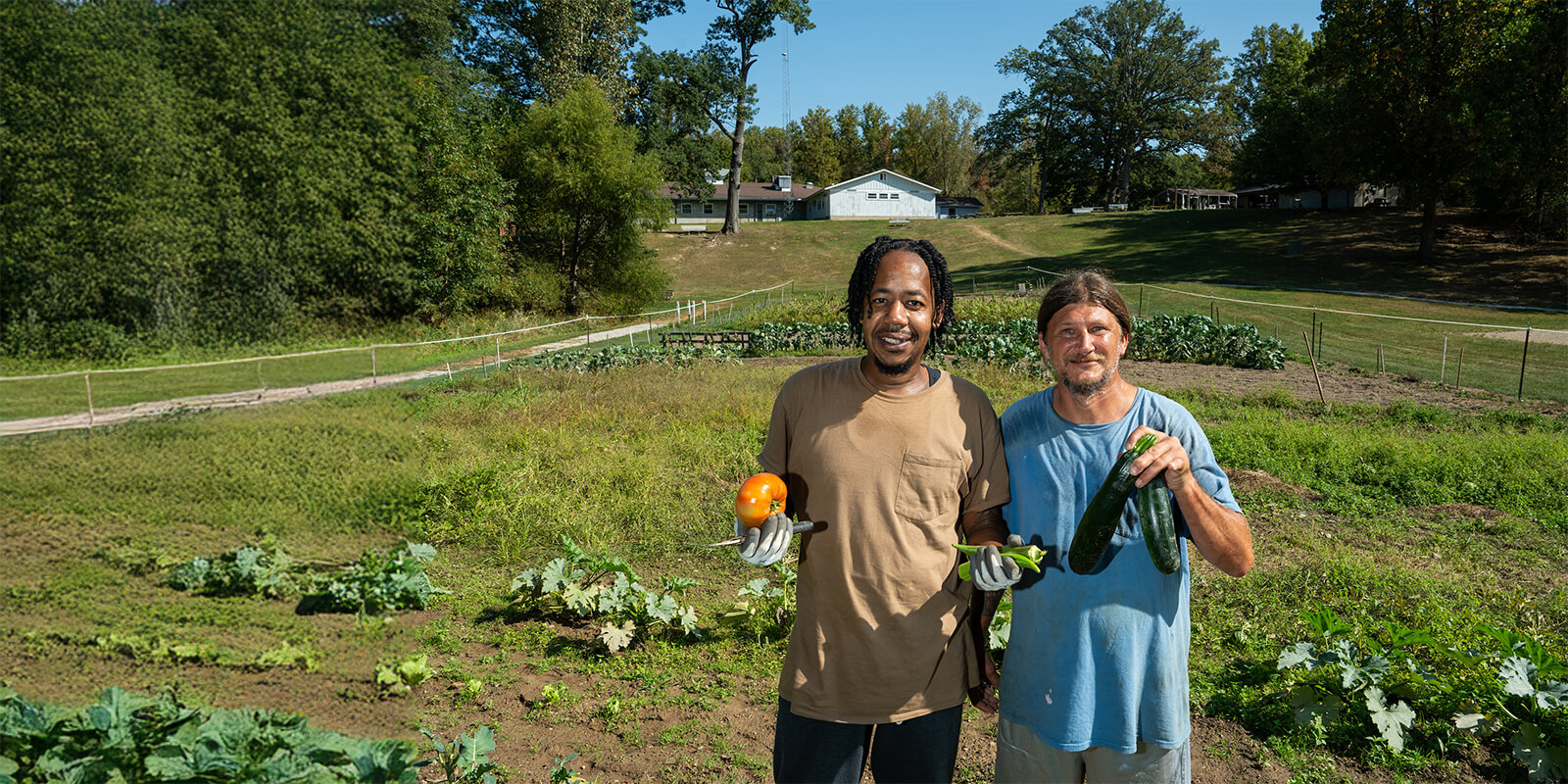Farmer-driven Research Creates Solutions
Mark Kingma, farmer cooperator in Jasper County, has been farming for 45 years with his family. In addition to knowledge from years of experience, Kingma partners with the Purdue On The Farm (POTF) team to learn how management decisions affect farm outcomes.
The POTF team, made up of Purdue Extension educators and campus specialists, helps farmers address farm management challenges through practical, research-based solutions. POTF is built on four pillars of engagement — field monitoring, on-farm demonstrations, on-farm research and surveys. The program combines these efforts to provide insights into new technologies, products, and challenges and opportunities related to growing Indiana’s row crops.
For the past 12 years, Kingma and his family have been using cover crops on their farm. From fertilizer application, nitrogen rate and cover crop studies, the research has measured how weed, insect, disease pressure and yield outcomes are related to management decisions.
I’ve told the Purdue specialists a few times that we need to stop performing zero nitrogen application studies as they cost us too much. But in all seriousness, we found that we want to continue split applying nitrogen to avoid losing it due to rains. If we cut back too much or lose too much, it affects the yield significantly.
- Mark Kingma
In addition to the research happening on their farm, Kingma enjoys following along with research performed on farms across the state. Based on Purdue published studies, Kingma applies pot ash to his soybeans differently and has implemented no-till.
“Building relationships with local farmers is my favorite part of the program. It’s an opportunity for Purdue Extension personnel to learn from our farmers’ everyday experiences while sharing Purdue resources to help them, in real-time,” said Sarah Brackney, agriculture and natural resources educator for Purdue Extension – Daviess County and data collector for POTF.
Each year Brackney and other Extension educators collect local data from farms across Indiana and share it with campus specialists, providing a clearer picture of statewide crops and influencing future research direction. Educators are the connector between farmers and on-campus specialists.
“There are so many decisions to make in farming. Some of the on-farm research confirms what we are doing while other research gives us something to think about and even change,” Kingma said. “I really appreciate the team and how their work is helping us farmers improve our outcomes directly on the farm.”

